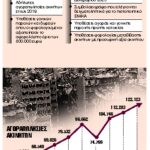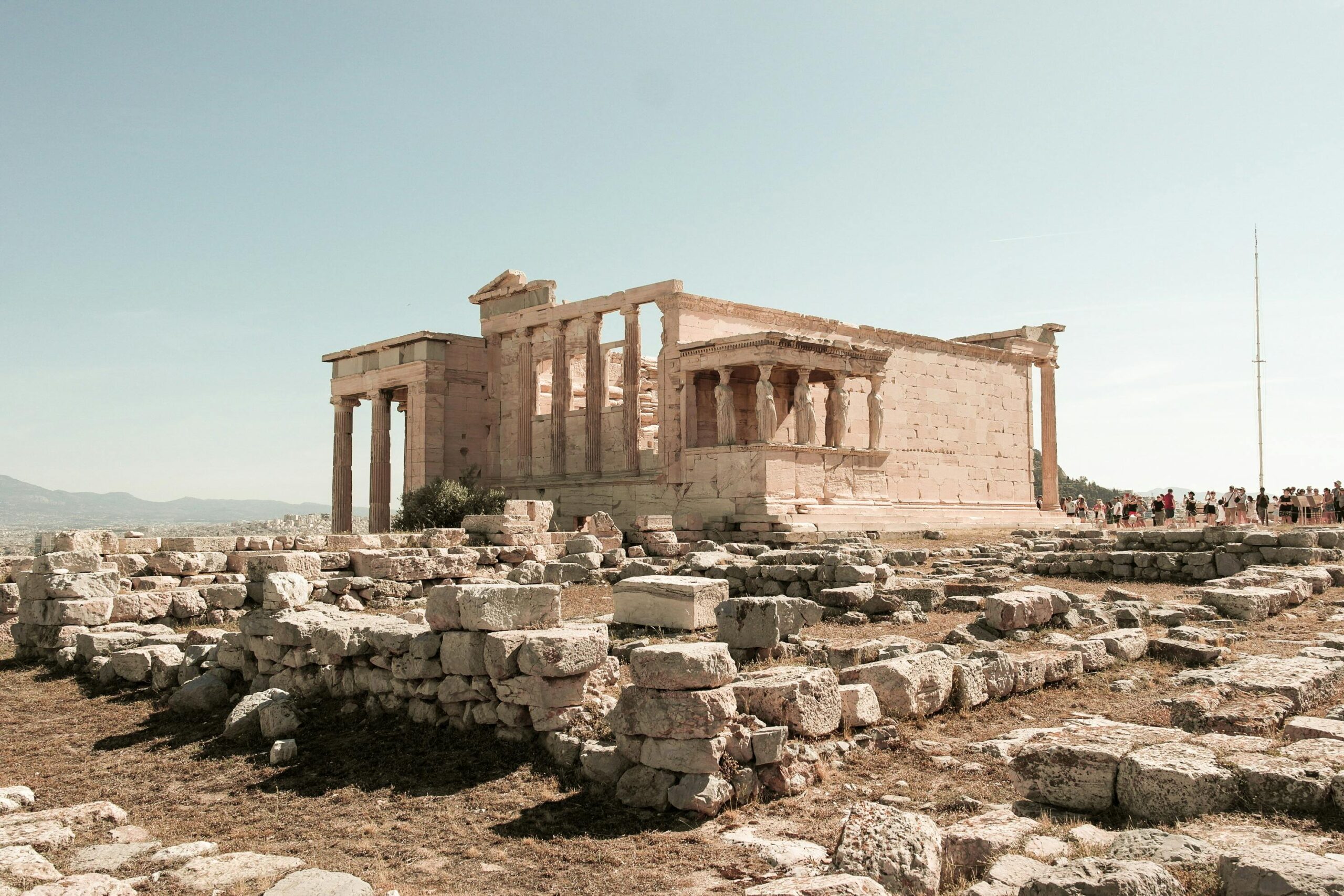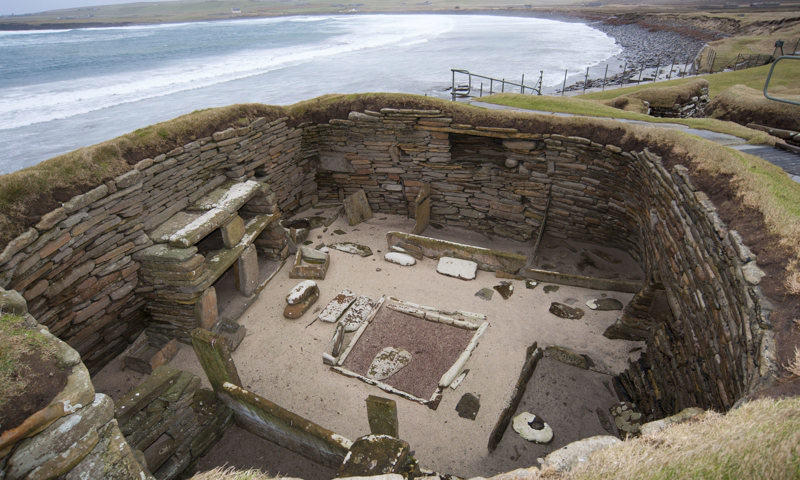In March 1819, on the eve of the Greek Revolution, the European Enlightenment was intensified in Greece. The events pregnant developments when Patriarch Gregory I issued a historical circular: in his last paragraph, in an unexpected reference, Gregory EIs as a “inappropriate abuse” the restoration of ancient naming to children and guides them to children and guides them to children. considering.
The Patriarch decides to intervene as the phenomenon has begun to take mass characteristics. European archaeologism is transferred to Greece at a rapid pace, indicative of the case of Greek ships: shortly before the revolution, 90% of the ships taking part in the race brought ancient Greek names. And what started as experimenting with ships continued with the children born.
These are the names that parents choose
What has taken over the 200 years since the circular of Gregory E to this day that, based on the official elements of the registry, is there a dynamic re -emergence of the ancient Greek names in our country? The interesting story of ancient Greek naming, a subject that has been at the heart of an underground controversy, reveals through historical documents and contemporary elements, the scholar and writer Minas Papageorgiou.
According to his research, which is presented in the book “The Inappropriate Abuse” released by IWRITE Publications, in the period 2020-2022 there was a 28% increase in Greece in the selection of ancient Greek names by Greek parents, compared to a decade ago , in the period 2010-2012. “We could say that the issue appears and reappears in three phases of history,” Minas Papageorgiou tells “NEWS”. “Initially I wanted to explore when and how the Greeks started to give their children names instead of the names of their grandparents. So I arrived in the words of John Chrysostom who are part of the general Byzantine policy against Greek culture.
The first return to ancient naming was pre -revolutionary. Indeed, in the context of my research on the period of modern Greek Enlightenment, I was confronted with impressive incidents of mass ancient naming in schools controlled by enlightening scholars. The second wave appeared in the late 19th century with early 20th in areas that wished to join the new Greek state but had not yet succeeded, such as in Macedonia, in the Aegean islands, Asia Minor and Cappadocia. In this case we have the restoration of ancient Greek names as a declaration of nationalism.
The third wave, I approach it not as historical as journalistic. As a young parent and “bastard” in playgrounds, I began to hear more and more ancient Greek names around me.
So the germ came in to search for the files of the Ministry of Internal Digital Governance Service the frequency of ancient Greek names in the 150 most popular names chosen by Greek parents for their children in the period 2010-2012 and 2020-2022. And I found that there was an increase of 28%. ”
More ‘sought after’
As it turns out, the names Alexander, Philip, Nefeli, Lydia, Ariadne, Danae, Maximus, Myrto, Athena, Artemis, Achilles and Irida are one of the most “sought after” ancient Greek names in Greece 2020-2022. The top of the list of the 150 most popular names are still occupied by traditional names George, Maria, Constantine.
“The dynamic re -emergence of ancient Greek names in recent years has a different cause of different causes than the two previous periods,” says Minas Papageorgiou. “It is related to the removal of traditional institutions and ecclesiastical discourse especially after the pandemic,” he adds, explaining that all these transitions were not “bloodless”. “In the book I record all the ecclesiastical circulars issued on the subject from 1894 to 1997. Especially in the late 19th century and 1930s the Church attempted either directly or indirectly to ban the ancient Greek names. In the end, however, realizing that the ancient names could not disappear from the Greek reality, with a matte move the church incorporated many ancient Greek names in its calendar and so in the consciousness of some who wanted to choose an ancient name for their child but They had hesitations for religious reasons, this choice was deceived. ”










